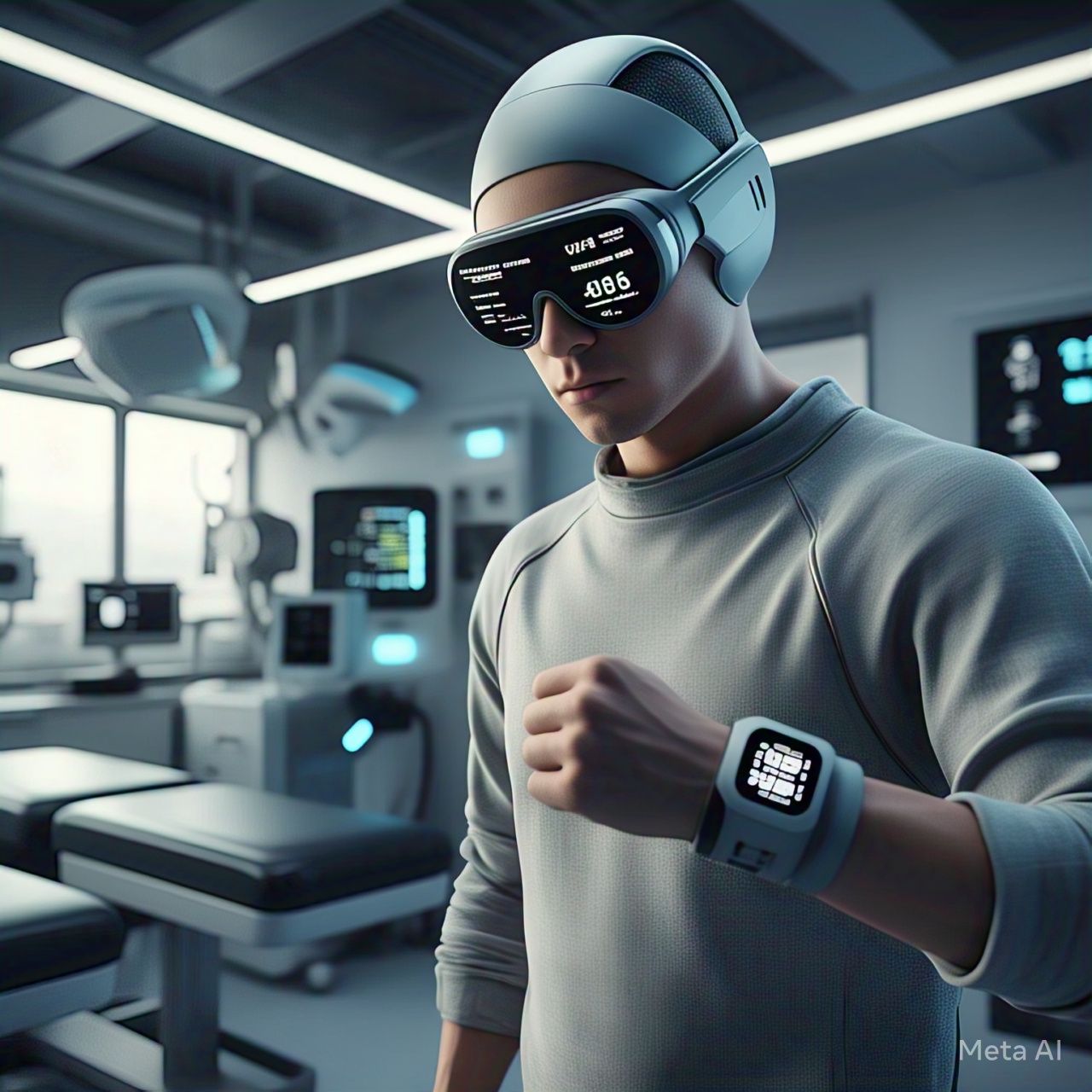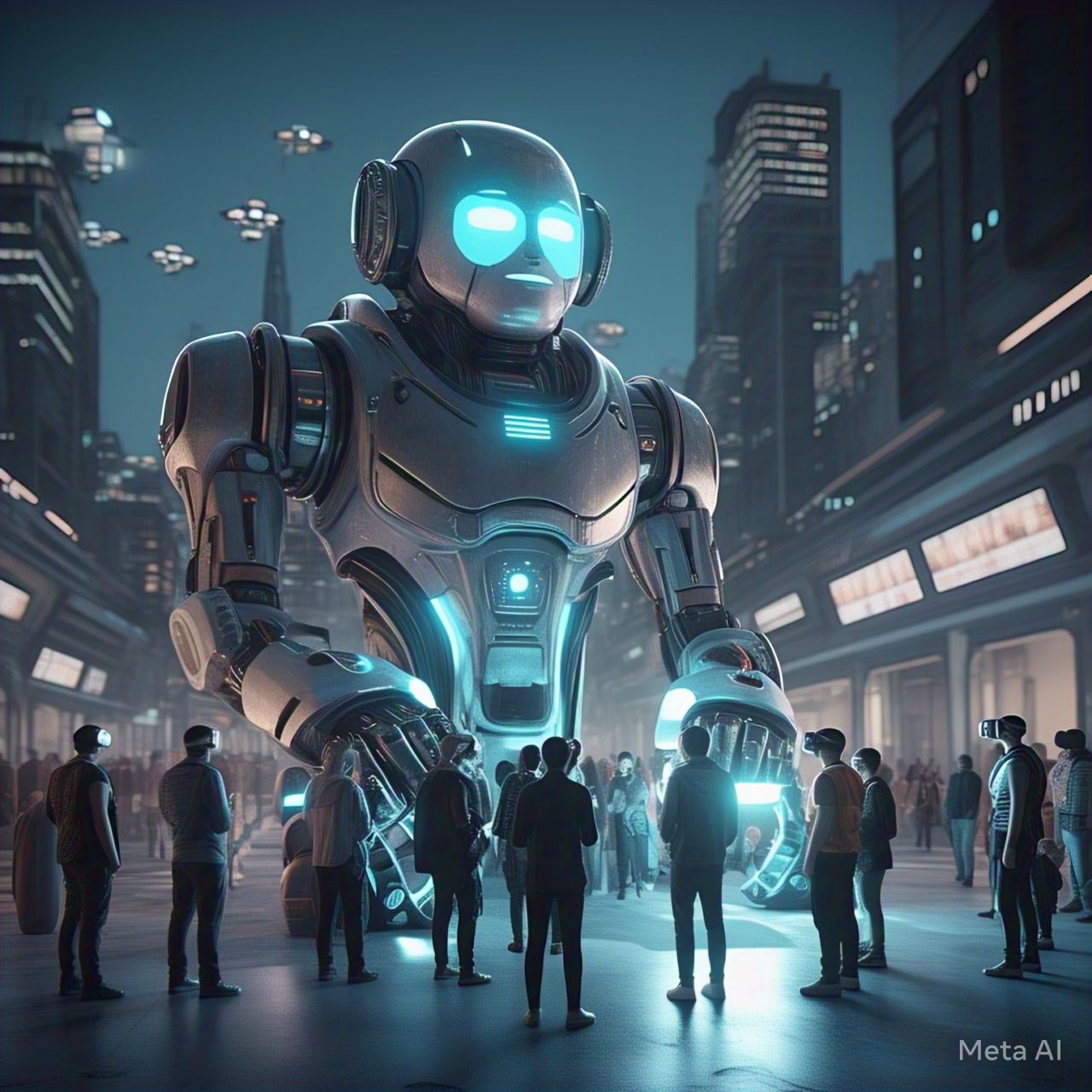Introduction
The fusion of Artificial Intelligence (AI) and smart contracts is reshaping economic transactions, offering increased efficiency, security, and automation. By integrating AI with blockchain-based smart contracts, businesses and individuals can execute agreements with minimal human intervention, reducing costs and mitigating risks. This article explores how AI enhances smart contracts, the benefits and challenges of this integration, and the future of AI-driven economic transactions.
Understanding Smart Contracts
Smart contracts are self-executing agreements with the terms directly written into code. These contracts run on blockchain networks, ensuring transparency, immutability, and trustworthiness. Common use cases include:
- Financial Services: Automating loan agreements and insurance claims.
- Supply Chain Management: Enforcing trade agreements and tracking goods.
- Real Estate: Streamlining property sales and rental agreements.
How AI Enhances Smart Contracts
1. Automating Contract Creation and Execution
AI-driven algorithms analyze transaction patterns and legal language to generate smart contracts tailored to specific use cases. This automation reduces human error and accelerates agreement execution.
2. Enhancing Fraud Detection and Security
AI-powered systems monitor smart contract activity, detecting suspicious transactions and preventing fraud. By analyzing patterns, AI can flag anomalies and protect digital agreements from malicious attacks.
3. Enabling Adaptive and Self-Learning Contracts
Traditional smart contracts operate on predefined conditions. AI-enhanced contracts can adapt to changing circumstances, learning from past interactions to optimize future transactions. This is particularly useful in:
- Dynamic pricing models in e-commerce and finance.
- Evolving legal agreements that update based on regulatory changes.
4. Improving Dispute Resolution
AI can analyze contract disputes, assess evidence, and suggest resolutions based on legal precedent and historical data. This reduces reliance on traditional legal arbitration, saving time and costs.
Benefits of AI-Driven Smart Contracts
- Increased Efficiency: Automates complex processes, reducing manual labor and administrative overhead.
- Cost Reduction: Minimizes intermediary involvement, lowering transaction costs.
- Greater Transparency: Ensures traceability and accountability in economic transactions.
- Enhanced Security: Protects against fraud, hacking, and contract manipulation.
Challenges and Considerations
Despite its advantages, AI-powered smart contracts face hurdles:
- Regulatory Uncertainty: Legal frameworks for AI-driven contracts remain underdeveloped.
- Data Privacy Concerns: AI requires large datasets, raising security and compliance challenges.
- Technical Complexity: Integrating AI with blockchain demands advanced computational power and expertise.
Future of AI and Smart Contracts
As AI technology advances, its role in smart contracts will expand. Future developments may include:
- Decentralized AI-powered arbitration to handle contract disputes.
- Integration with IoT for automated real-world contract enforcement.
- AI-driven contract marketplaces to facilitate seamless economic transactions.
Conclusion
The combination of AI and smart contracts is revolutionizing economic transactions by enhancing automation, security, and efficiency. While challenges remain, ongoing technological advancements and regulatory adaptations will pave the way for a future where AI-driven smart contracts become a fundamental part of global commerce




